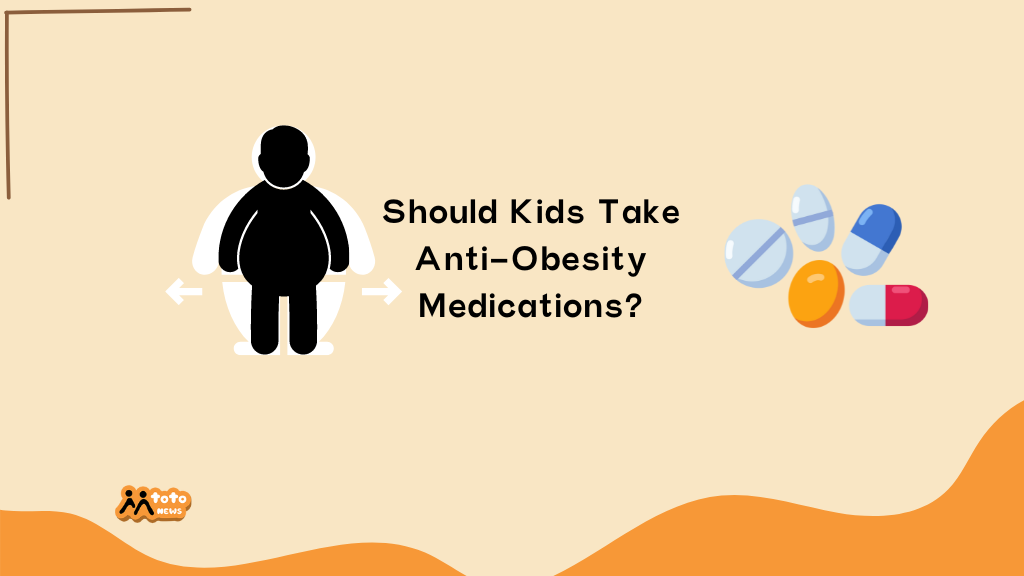
By Alice Njoki.
As a kid growing up in a world where childhood obesity is becoming a bigger concern, I often find myself wondering: should kids like me take anti-obesity medications like semaglutide? It’s a complicated question, and while these drugs seem to help some kids lose weight, there’s so much more to consider.
Obesity isn’t just about eating too much or not exercising enough; it’s a serious health issue that can be influenced by our genes, the environment we live in, and even how society views us. Many kids who struggle with obesity face significant health problems, such as diabetes and high blood pressure, not to mention the emotional toll it can take, like anxiety and depression,
However, because of this, some doctors believe that medications could provide a necessary solution for children who are having a tough time managing their weight.
But then there’s the question of whether it’s right to give these powerful drugs to kids.
The American Medical Association has recognized obesity as a disease, but I think we need to be careful about how we measure health. Using Body Mass Index (BMI) can be misleading. It doesn’t consider all the different factors that affect a child’s health and can lead to stigma and feelings of shame. This stigma often makes kids like me hesitant to seek help or even visit the doctor because we’re afraid of being judged.
Another thing that worries me is the long-term effects of these medications on our growing bodies. Sure, some studies show that kids might lose weight in the short term, but what happens later? Will these drugs affect our growth and development? The idea of needing to take medication for life is also concerning. It raises questions about whether we’ll become dependent on them and what side effects we might experience along the way.
I also think about the role of parents and society in all of this. Many families feel overwhelmed by the pressure to conform to certain body images and health standards. It’s crucial that we create an environment where kids are encouraged to be healthy without being judged for their weight. We should focus on overall well-being instead of just numbers on a scale.
In my opinion, while medications like semaglutide might offer hope for some kids struggling with obesity, we need to approach their use with caution. It’s essential to have conversations that go beyond just losing weight; we should think about how these decisions impact our health, self-esteem, and happiness. Ultimately, I believe that promoting a healthy relationship with food and body image is what really matters for kids like me. After all, being healthy should be about feeling good inside and out!

Leave a Reply